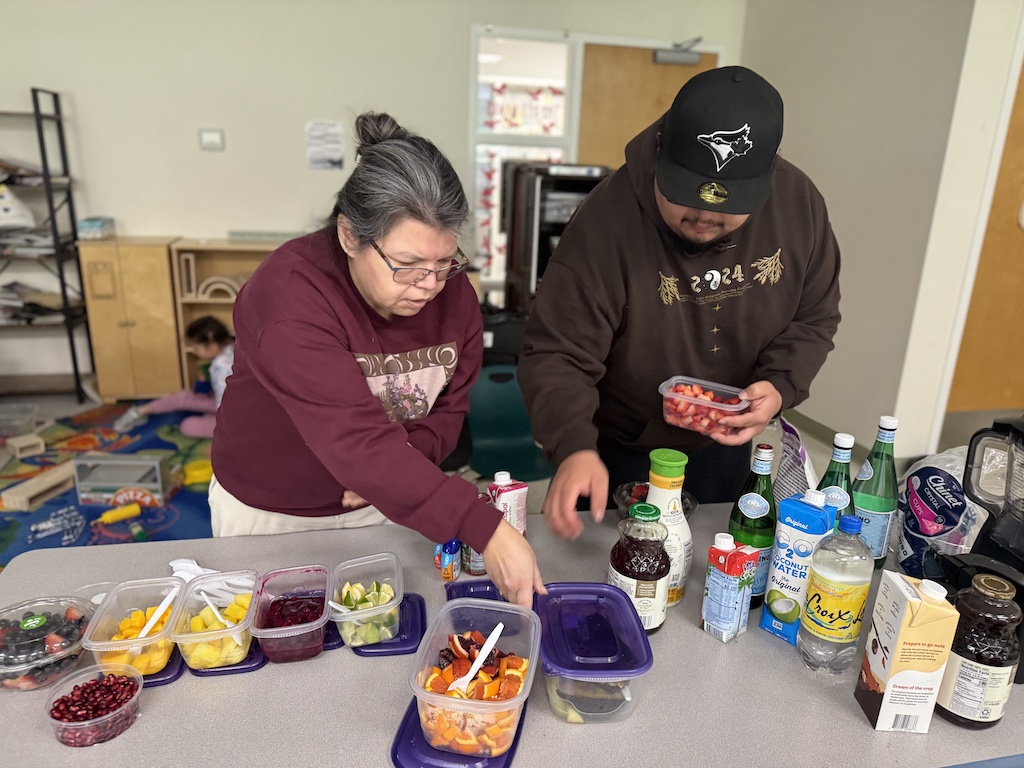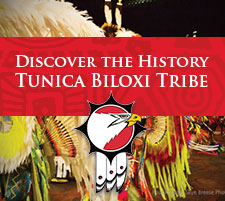(Photo by Samantha Robson, courtesy of Azure Bouré)
In a major step toward health equity and tribal sovereignty, four states—Alaska, Arizona, Montana, and South Dakota—now reimburse traditional Native healing services through Medicaid. The change gives tribal health systems a new pathway to support culturally grounded care while also making services more accessible to Native patients.
The decision follows years of advocacy from tribal nations, health professionals, and Indigenous elders. It reflects a growing understanding that traditional healing is not alternative care—it is core care for many Native communities.
Covered services include:
-
Healing ceremonies
-
Talking circles
-
Use of traditional medicines and plant-based treatments
-
Guidance from recognized tribal healers
These services are now available at some tribally operated clinics and Indian Health Service facilities, with more providers expected to adopt them as implementation expands.
“This is about more than reimbursement,” said a representative from the Indian Health Board of Arizona. “It’s about honoring tribal knowledge and making space for what’s always worked.”
Why it matters:
-
Offers formal validation of traditional medicine in state and federal systems
-
Improves access for patients who may not trust or benefit from Western-only approaches
-
Keeps healthcare culturally safe, community-controlled, and financially supported
Next steps: Other states are watching closely. Advocates are urging CMS to issue national guidance encouraging traditional healing integration in Medicaid across Indian Country.
Sources:








